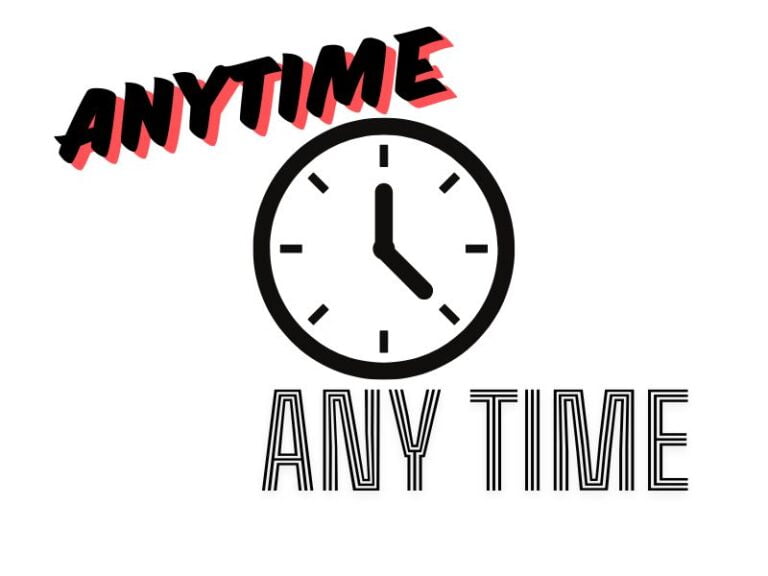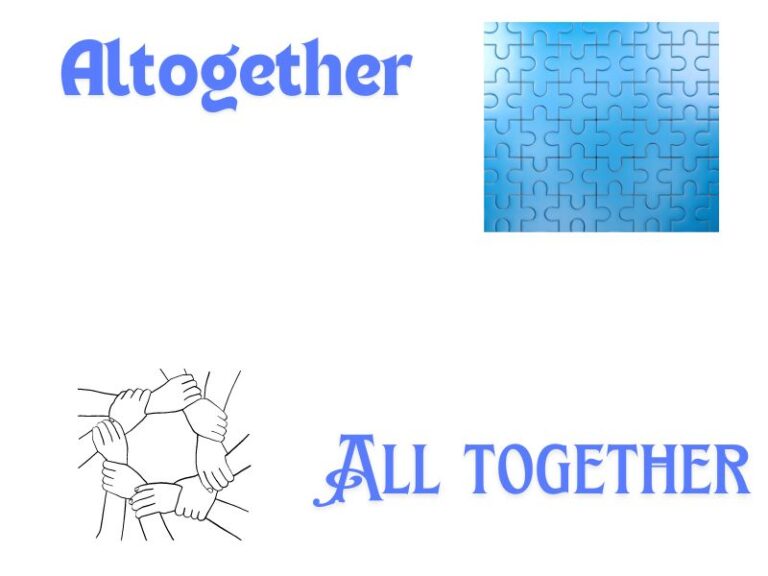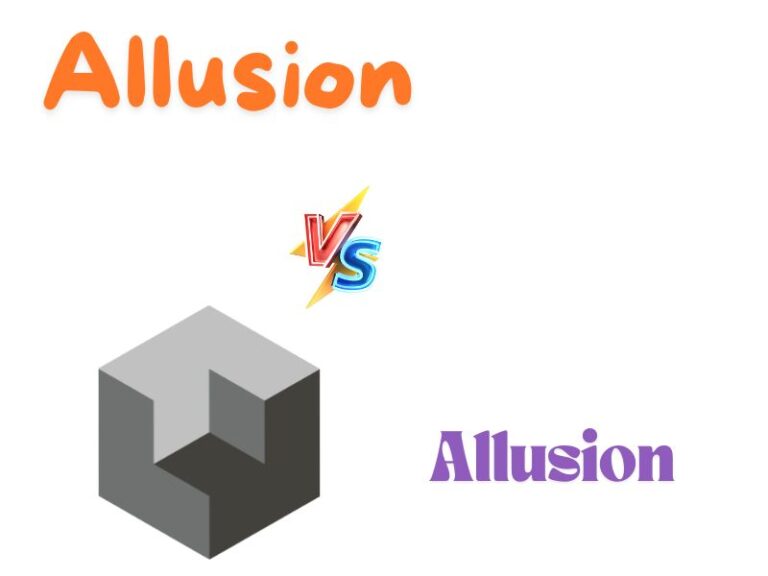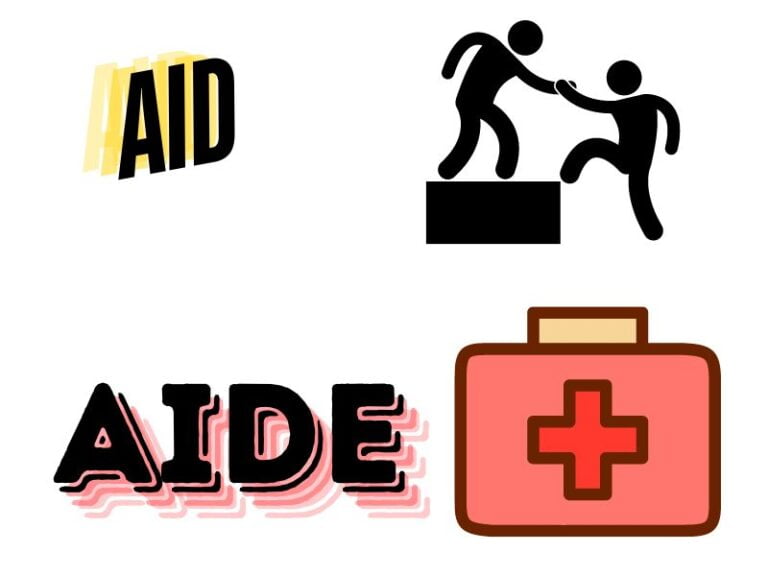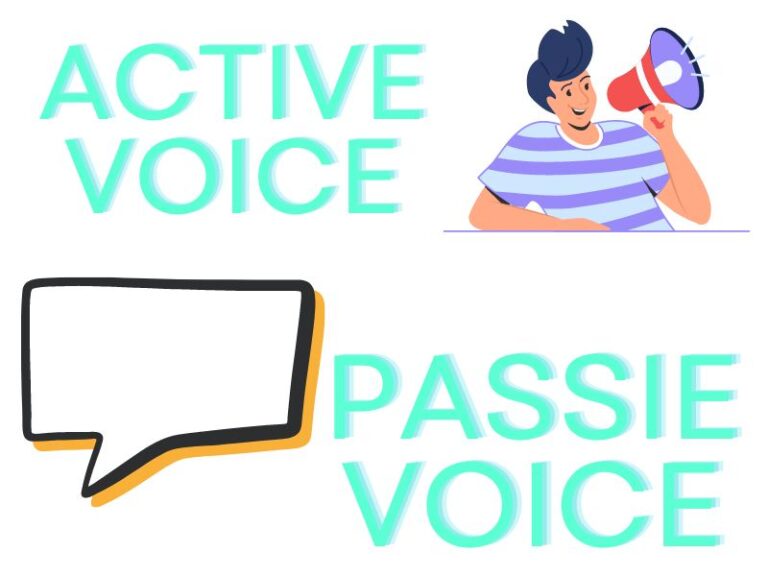Anyway or Anyways: Which is Correct? How to Use Plus Examples
In grammar, the word “anyway” is an adverb that means “in any case” or “regardless.” It is used to connect ideas or to indicate that a speaker is moving on to a new topic. On the other hand, “anyways” is a nonstandard variant of “anyway” and is often considered incorrect in formal writing. However, it…


